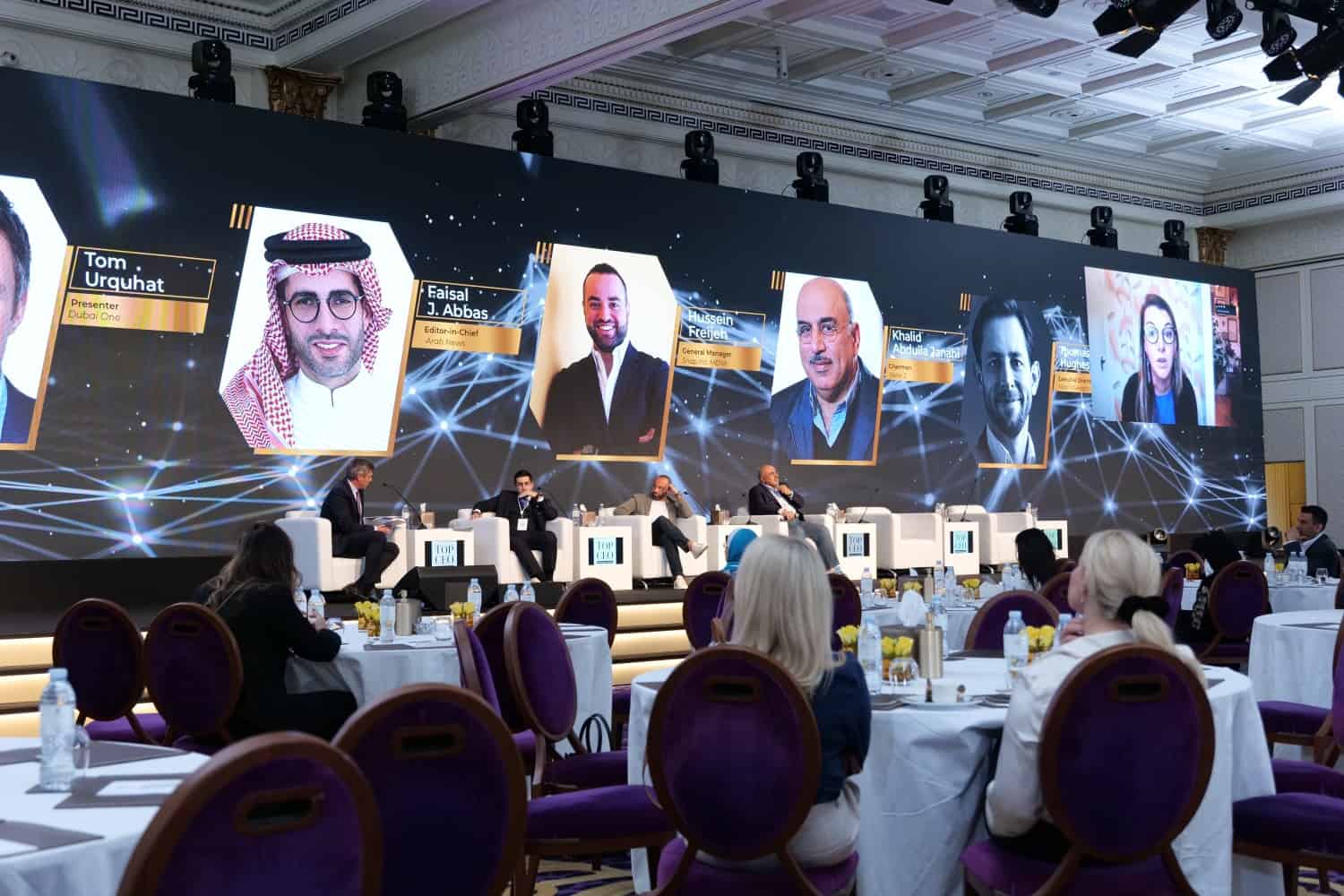Social media giants have recently taken steps to curb ‘misinformation’ against the Gulf region being spread by part of the Western media ahead of the 2022 World Cup.
Facebook, Instagram, Twitter and other social media platforms have reportedly blocked campaigns aimed at influencing opinion in Central Asia and the Middle East.
It is the first time that accounts promoting pro-US narratives have been discovered and shut down, according to a study carried out by Stanford Internet Observatory and the research company Graphika.
The issue was highlighted by the experts at the TOP CEO Conference and Awards held in Dubai in May 2022.
Online fake news, according to the latest estimates, costs US$80 billion to the global economy every year.
Businesses in the MENA region are at an increased risk from disinformation campaigns resulting from geo-economical rivalries or cyber-bullying, it was pointed out during the event’s “It’s a Fake News” segment.
Also Read Video highlights: Futuristic TOP CEO 2022 discusses economic opportunities
“Fake news was not invented with the rise of social media. A lot of people get confused about it. Fake news or lying started from the beginning of the humanity,” Arab News Editor in chief Faisal J Abbas had said.
“Fake news is sometimes even given by officials. It’s fake because you are not giving out the full story,” Vision 3 Chairman Khalid Abdulla Janahi had said at the event, referring to the types of ‘fake news’ propagated among masses.
Also Read Video: TOP CEO Conference highlights woes of the ‘Certainty of Uncertainty’
Renée DiResta, research manager at the Stanford Internet Observatory, said, “It’s the first time we’ve seen something like this,” said “It’s the first time we’ve seen a pro-US foreign influence operation taken down by Twitter and Meta.”
Researchers could not verify who was behind the pro-US accounts, though Facebook said that the account activity originated in the US, and Twitter said that it was from the US and the UK.
Also Read Video: Transparency is hallmark of TOP CEO Awards as GCC winners get honored
“Consistently across the campaigns we saw them advancing narratives in support of the US and allies, and particularly criticizing Russia, China and Iran,” said Jack Stubbs, Graphika’s vice president of intelligence.
Researchers had identified dozens of fake campaigns, including 299,566 tweets sent by 146 accounts, between March 2012 and February 2022, which posted content in several languages including Russian, Arabic and Urdu.
In some cases, the accounts published news pieces from Washington-funded media groups such as Voice of America and Radio Free Europe, as well as links to US military websites.
(With inputs from Wadad Mogharbel)








